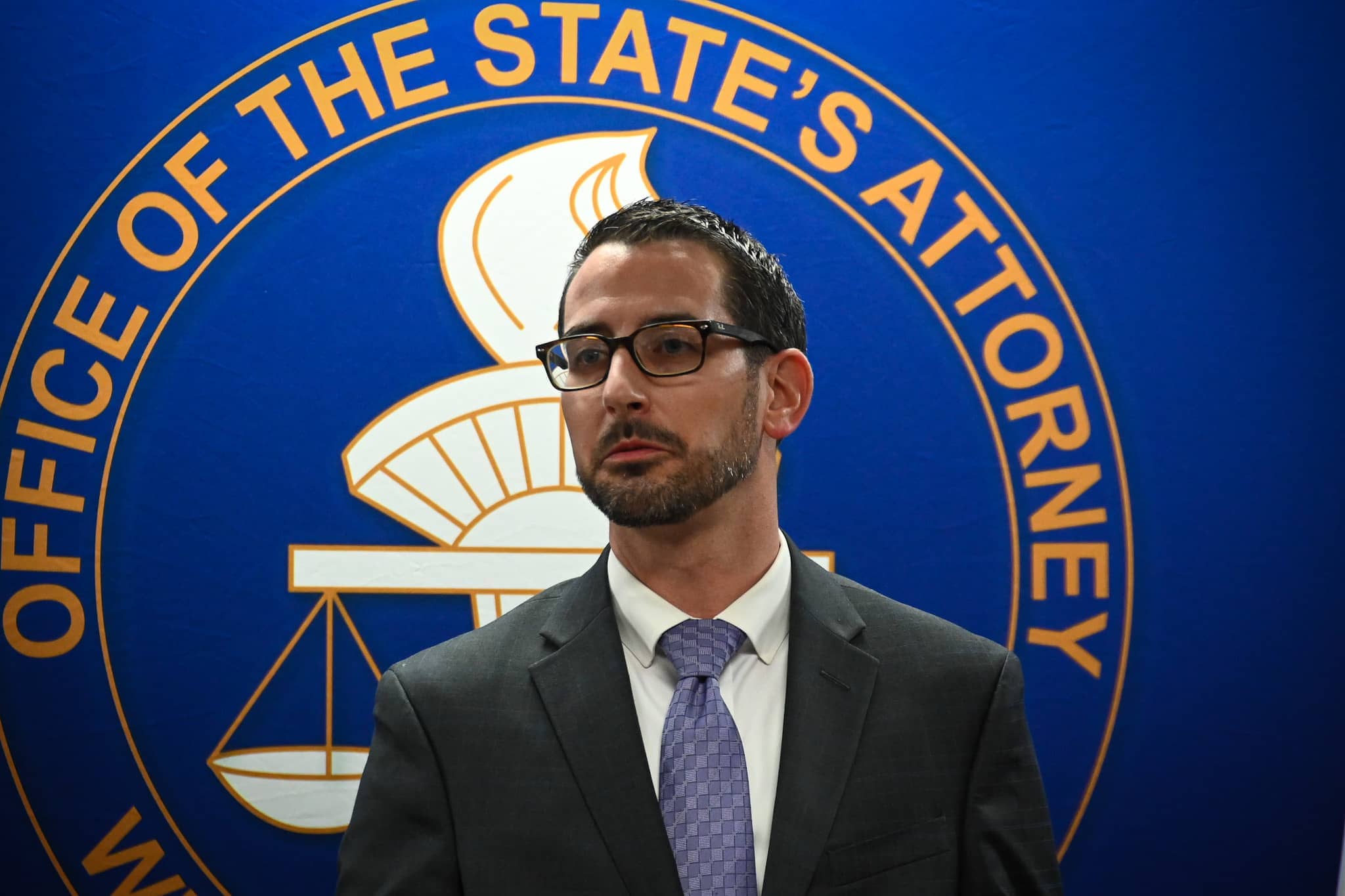Rockford Mayor Tom McNamara joins Steve Summers on This Week in the Stateline to talk about the future of Davis Park, the 11-day visit to Rockford by students from Ukraine and more going before City Council on Monday.
Rockford Mayor Tom McNamara joins Steve Summers on This Week in the Stateline to talk about the future of Davis Park, the 11-day visit to Rockford by students from Ukraine and more going before City Council on Monday.
[caption id="attachment_176493" align="aligncenter" width="2048"] Mayor Tom McNamara listens to a question from a reporter on Wednesday, Jan. 5, 2021, during a news conference following a shooting at Auburn High School. (Photo by Kevin Haas/Rock River Current)[/caption]
Mayor Tom McNamara listens to a question from a reporter on Wednesday, Jan. 5, 2021, during a news conference following a shooting at Auburn High School. (Photo by Kevin Haas/Rock River Current)[/caption]
Rockford Mayor Tom McNamara joins Steve Summers on This Week in the Stateline to discuss rising COVID-19 numbers, the recent shooting outside Auburn High School and what's on tap at Monday's City Council meeting.
John Flanagan of Rockford Hawg Hunters/Benefit Fishing Tourney outlines the return of the annual Open Team Bass Fishing Tournament on the Rock River in April. Proceeds benefit Crohn's and Colitis Foundations in the Rock River Valley area.
Runtime: 4 minutes.
It's an annual holiday tradition - the Teddy Bear Toss at a Rockford IceHogs hockey game. Then again, nothing is traditional about 2020. This year, you'll drive your car through the BMO Harris Bank Center to toss your teddy - or make a clothing donation. IceHogs Director of Business Operations Mike Peck shares information on the event this Saturday (12/19) from 9am - noon. All donated items will be shared with Miss Carly's in Rockford.
Runtime: 5 minutes